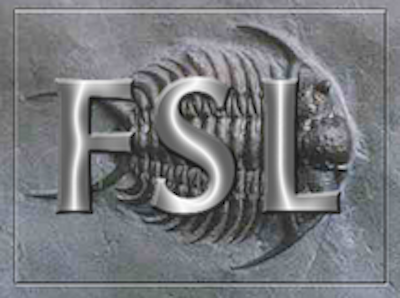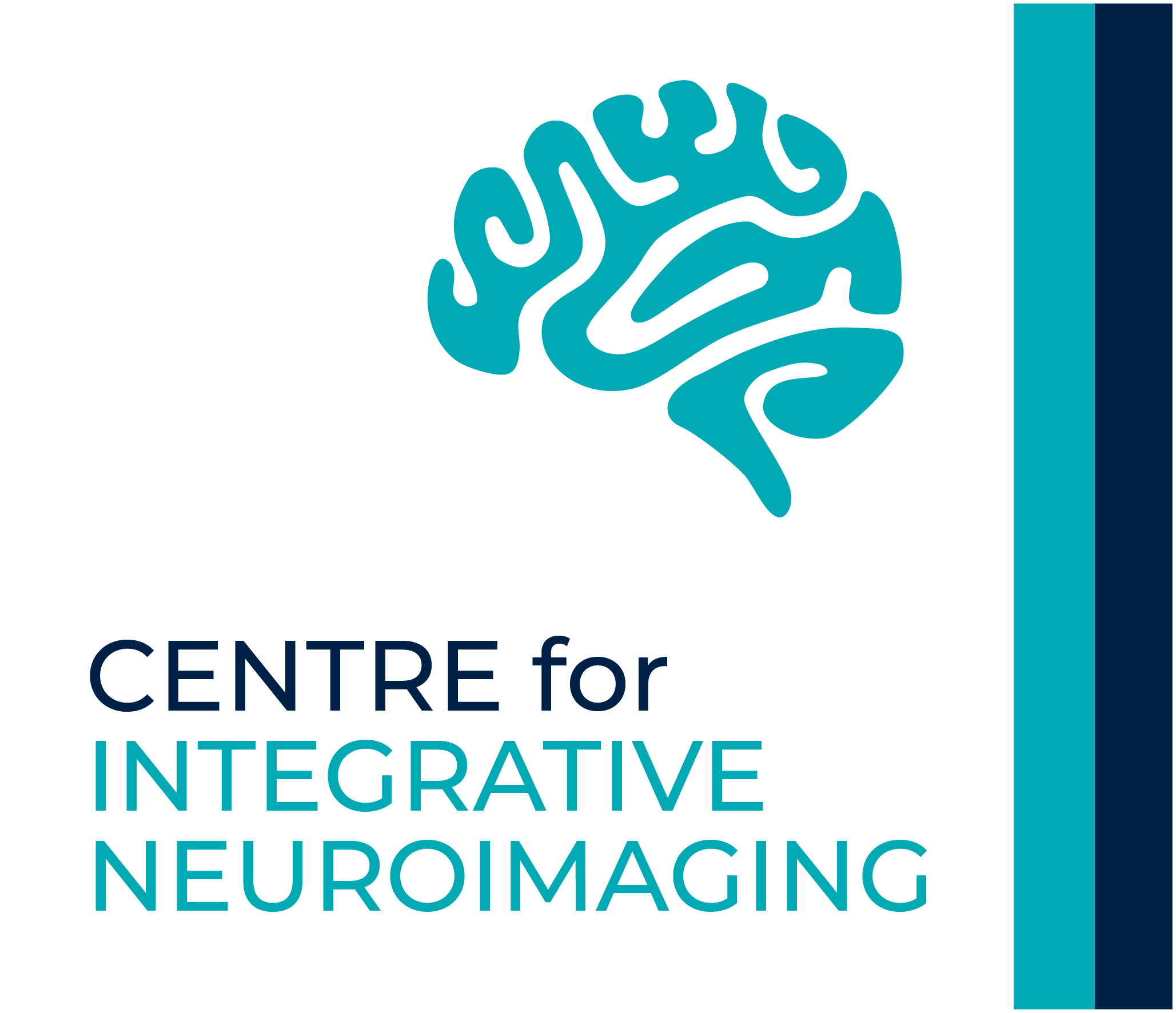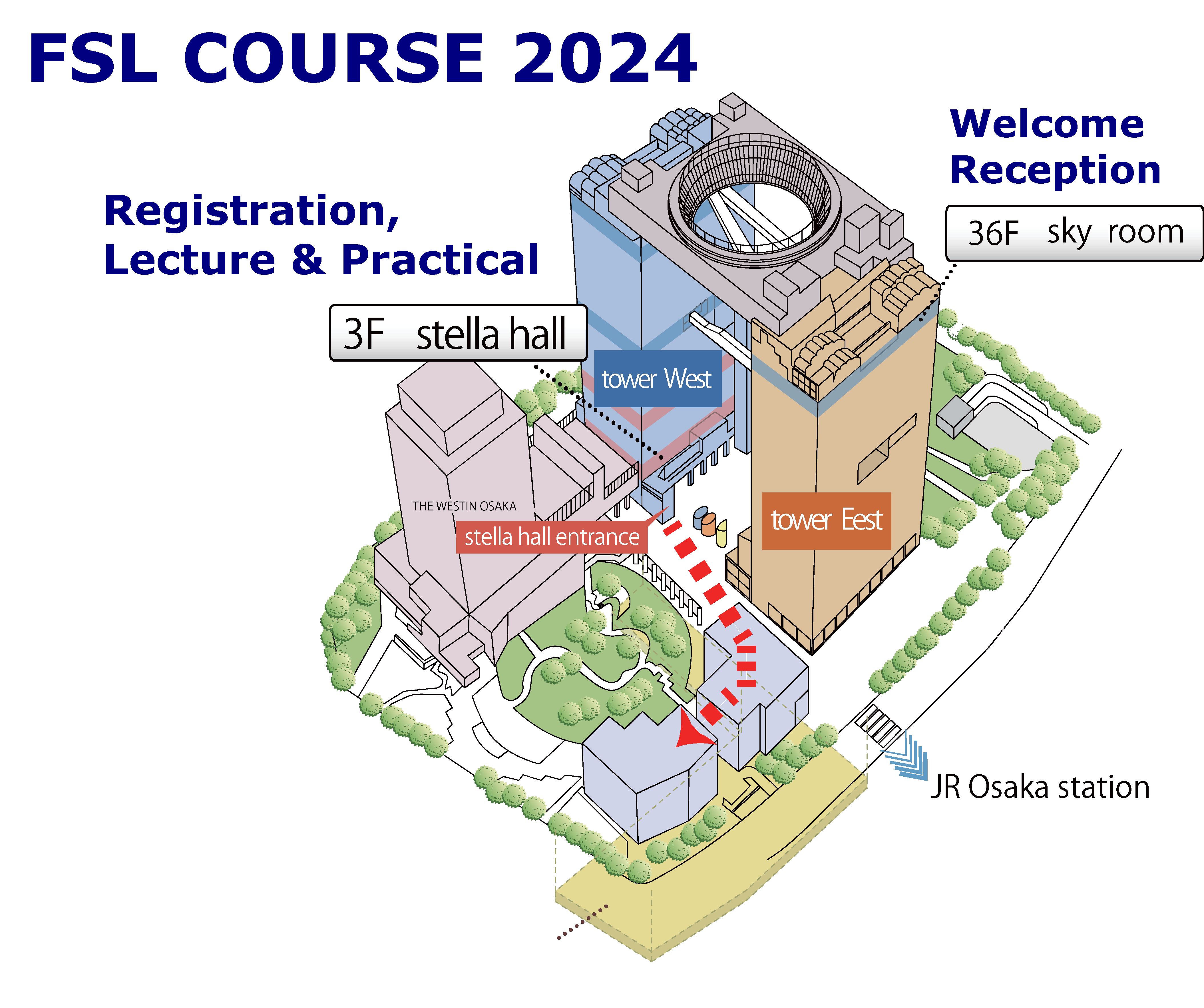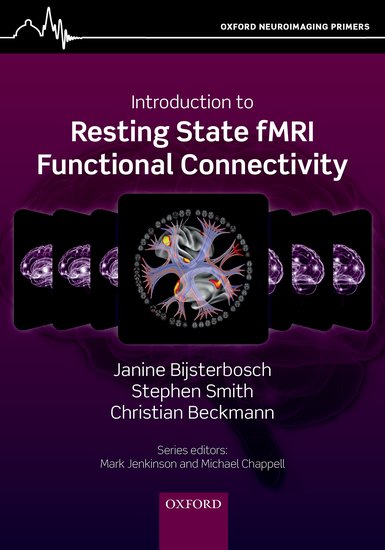Pricing
Students are classified as PhD, MSc or undergraduate students. Commercial
attendees are those from industry or other commercial organisations. Academic attendees
include postdocs at any level, faculty, and other academic staff.
| Student/Pre-PhD Research Assistants |
Postdoc/Faculty/Other Non-student Academic |
Commercial |
| £250 |
£400 |
£1000 |
| Student/Pre-PhD Research Assistants (low-income countries*) |
Postdoc/Faculty/Other Non-student Academic (low-income countries*) |
| £50 |
£75 |
*The list of low-income countries can be found
here.
If you are registering from any of these countries please fill in this
form before registration.
Pricing will be available when the registration opens.
Unfortunately, due to UK governmental sanctions that are outside our control,
we cannot accept any registrations from individuals who are domiciles of countries that have a current financial sanction with the UK.
(List)
Accomodation and Travel
Attendees must arrange their own accomodation during the course. Accomodation is not included in the course fee.
There are many hotels near the Sky Building in Osaka. We suggest using one of the many hotel booking websites to find a hotel close to the course venue.
You can use this google maps link to explore hotels near the Sky Building in Osaka: Hotels near the Sky Building in Osaka
Attendees must arrange their own travel to and from the course. Travel is not included in the course fee.
We suggest flying into Osaka International Airport (ITM) or Kansai International Airport (KIX). There are public transport
options from both airports to the course venue. If you fly into a different airport, there are usually public transport options to get to Osaka.
Visa info: Depending on where you live or your nationality, you will need to meet certain entry requirements to visit Japan. More information on who can travel to Japan can be found here.
Attendees from low/middle income countries may be eligible for Imagining 4 All
funding. Please note we have no affiliation with the organisation and the link is presented for
information purposes only.
Contact us if you require a letter of invitation to attend the course.
Venue
The course will take place at the Sky Building in Osaka, Japan.
We have reserved large meeting rooms for lectures and practical sessions for analysing data. We will provide cloud desktops for
attendees to use during the course. Attendees just need to provide their own laptop, which they use to log into their FSL course desktop environment.
A Google Maps link to Stella Hall can be found here
Timetable
| Time |
Monday 17 June |
Tuesday 18 June |
Wednesday 19 June |
Thursday 20 June |
Friday 21 June |
| 8:00 - 8:30 |
Course registration |
|
|
|
|
| 8:30 - 9:15 |
Registration
(Frederik Lange) |
fMRI Preprocessing
(Taylor Hanayik) |
Pipeline overview
(Ludovica Griffanti) |
Resting state FSLNETS
(Janine Bijsterbosch) |
Diffusion MRI (tractography)
(Shaun Warrington) |
| 9:15 - 9:45 |
|
|
Coffee/tea break |
|
|
| 9:45 - 10:30 |
Unwarping
(Frederik Lange) |
GLM stats
(Janine Bijsterbosch) |
Advanced fMRI
(Michiel Cottaar) |
Resting state FSLNETS
(Janine Bijsterbosch) |
Diffusion MRI (tractography)
(Shaun Warrington) |
| 10:30 - 12:15 |
|
|
Practical session |
|
|
| 12:15 - 13:45 |
|
|
Lunch (not provided) |
|
|
| 13:45 - 14:30 |
Segmentation
(Ludovica Griffanti) |
Multi-subject stats
(Janine Bijsterbosch) |
Resting state ICA
(Seyedehrezvan Farahibozorg) |
Diffusion MRI (DTI)
(Michiel Cottaar) |
Demos: New and upcoming FSL features and pipelines
(multiple speakers) |
| 14:30 - 15:00 |
|
|
Coffee/tea break |
|
|
| 15:00 - 15:45 |
Segmentation
(Ludovica Griffanti) |
Inference
(Frederik Lange) |
Resting state ICA
(Seyedehrezvan Farahibozorg) |
Diffusion MRI (DTI)
(Michiel Cottaar) |
Final day early close (3pm) |
| 15:45 - 17:30 |
|
|
Practical session |
|
| 17:45 - 18:00+ |
Welcome reception (36F Sky Room, Tower East) |
|
|
|
|
Details
This one week in-person course covers both the theory and
practice of
functional and structural brain image analysis. We will offer live lectures and guided practicals with
expert tutors. Since this is an in-person course, coffee/tea will be provided during breaks to all registered
attendees. Lunch is not provided, but there are many restaurants and cafes near the course venue.
Attendees will learn how to carry
out analysis for themselves on real data, with a remote desktop computer in the cloud that we provide access
to. Each attendee
will need to have their own computer (Mac, Windows, Linux) in order to access the cloud based desktop. After
completing the course, attendees
should be able
to analyse their own structural, functional and diffusion MRI data sets.
The course is aimed at both
new and existing users of FSL and will cover both basic and advanced features. The methods covered are
primarily aimed
at applications in basic science and clinical research (not clinical practice) and include:
Functional MRI: GLM analysis, including Bayesian multi-subject statistics (FEAT),
ICA Model-free analysis, functional
connectivity (MELODIC)
Structural MRI: Image registration and unwarping
(FLIRT/FNIRT/FUGUE & BBR), Brain extraction and tissue-type segmentation (BET/FAST), Structural spatial
statistical analysis
e.g. atrophy (SIENA/FSL-VBM), Automatic subcortical segmentation / alignment (FIRST), white matter
hyperintensities (BIANCA).
Diffusion MRI: Probabilistic diffusion modelling and
tractography, including
crossing-fibres (FDT) Diffusion tensor fitting and voxelwise multi-subject analysis (DTIFIT/TBSS),
Correction for motion, distortions and eddy-current effects (TOPUP/EDDY)
Resting-State
Networks and Connectivity:
Resting-State functional MRI analysis (dual regression), Functional and structural connectivity analysis.
All
lectures and practical material will be in English.
This course does not provide any CME credits and
we will cover neuroimaging analysis for basic science and clinical research but not clinical practice.
Two separate courses will be run, in order to cater for different timezones. The content for the two courses
will be identical. Each attendee will need to choose one course to register for and then stick with
those
times.
Each day of the course covers a different topic (what would normally
have been covered
in one morning or afternoon of the traditional course).
Recorded lectures associated with each topic will be available and should be watched before the practical session. You should account for 90-120 mins each day to watch the lectures, outside the practical session.
It is essential for attendees to watch the recorded lectures before the practical session (ideally less than 48 hours before) as otherwise you will not be able to understand the practical session. Tutors cannot be expected to explain the practical to you if you have not watched the lectures.
Each day, the 2 hour (3 on the first day) practical session will commence with a
Q&A introduction by tutors and lecturers to answer any questions you may have
on the lectures. It will also be possible to submit your questions in advance. The
remaining time is reserved for self-paced work through the practicals with access
to tutors on Zoom.
Course A regions and times
Course B regions and times
Details
This two-week course covers both the theory and practice of
functional and structural brain image analysis. Live, guided practicals will be supported across a wide
range of time zones.
Each daily practical session will last 2h (3h on the first day), with an additional online lecture to watch beforehand. The course will last for ten
days, spread across the two week time period (no weekends).
Background concepts and the
practicalities of analyses
are taught in hands-on practical sessions, supported by online lectures. Attendees will learn how to carry
out analysis for themselves on real data, with a remote desktop computer in the cloud that we provide access
to. Each attendee
will need to have their own computer (Mac, Windows, Linux) in order to access the cloud based desktop and
for video conferencing with tutors in the guided practical sessions. After completing the course, attendees
should be able
to analyse their own structural, functional and diffusion MRI data sets.
The course is aimed at both
new and existing users of FSL and will cover both basic and advanced features. The methods covered are
primarily aimed
at applications in basic science and clinical research (not clinical practice) and include:
Functional MRI: GLM analysis, including Bayesian multi-subject statistics (FEAT),
ICA Model-free analysis, functional
connectivity (MELODIC)
Structural MRI: Image registration and unwarping
(FLIRT/FNIRT/FUGUE & BBR), Brain extraction and tissue-type segmentation (BET/FAST), Structural spatial
statistical analysis
e.g. atrophy (SIENA/FSL-VBM), Automatic subcortical segmentation / alignment (FIRST), white matter
hyperintensities (BIANCA).
Diffusion MRI: Probabilistic diffusion modelling and
tractography, including
crossing-fibres (FDT) Diffusion tensor fitting and voxelwise multi-subject analysis (DTIFIT/TBSS),
Correction for motion, distortions and eddy-current effects (TOPUP/EDDY)
Resting-State
Networks and Connectivity:
Resting-State functional MRI analysis (dual regression), Functional and structural connectivity analysis.
All lectures and practical material will be in English.
This course does not provide any CME credits and
we will cover neuroimaging analysis for basic science and clinical research but not clinical practice.





